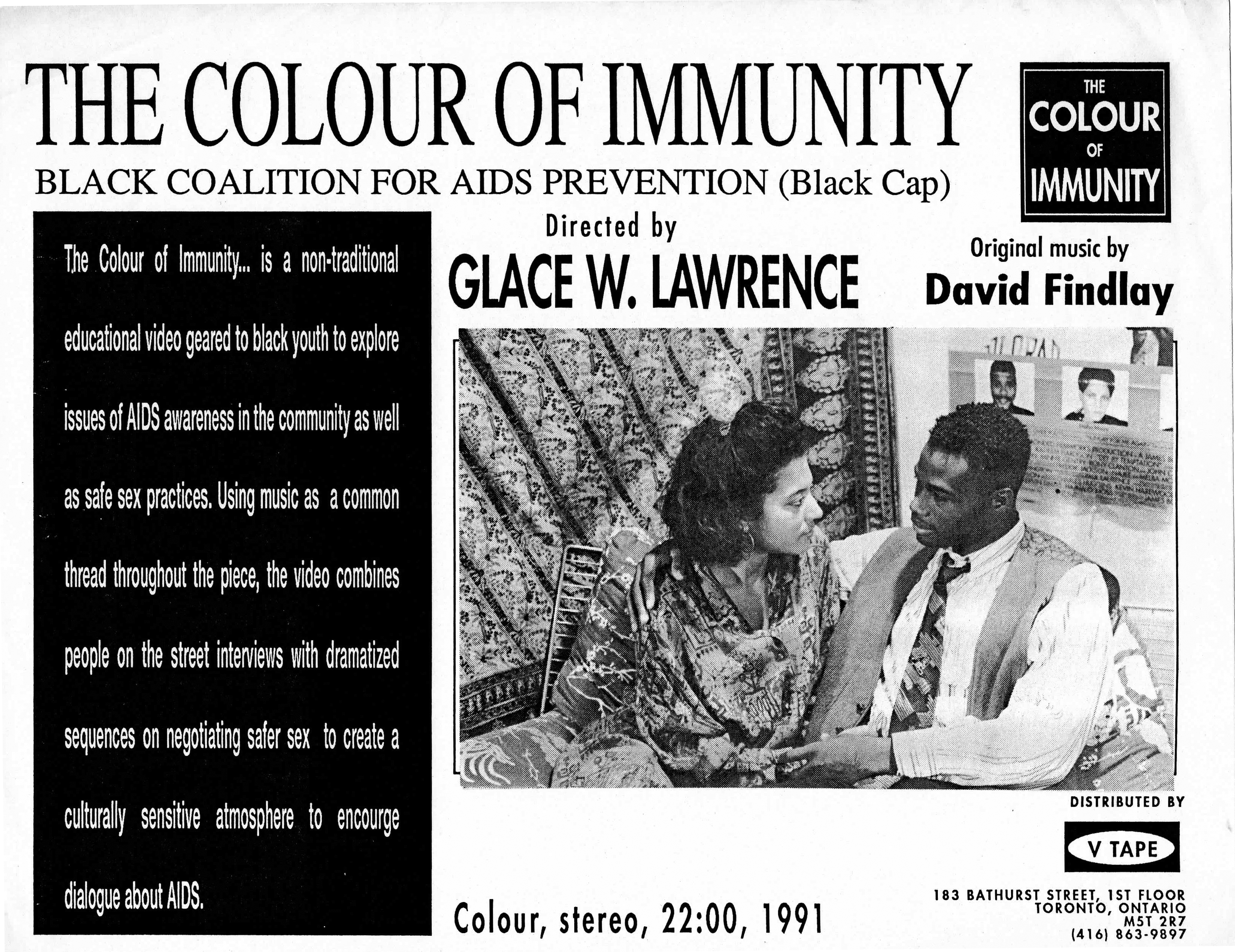Here at the AIDS activist history project we were glad to have some in-person time this week with project lead Gary Kinsman, who was here in Ottawa as part of the We Demand An Apology Network to receive the Prime Minister’s statement acknowledging some Canada’s egregious treatment of LGBT people who worked in the public service and for the military. We were also happy to be able to interview another member of the network, who was involved in AIDS activism as part of ACT UP Halifax (that interview will be posted as soon as it’s transcribed and checked).
Talking through the apology made us think about the ways that anti-AIDS practices have been entwined with the purges people experienced (and about the ways that criminalized, undocumented, and non-citizen queer, gay, lesbian, Two-spirit, and trans people are still targeted by harmful government practices in ways not acknowledged by this week’s apology). One of our interviewees was also in town as part of the Network to witness the apology, and we wanted to highlight some of his story and invite you to read more about his remarkable work. Simon Thwaites was a master seaman in the Navy, holding a security clearance for his work. He was diagnosed as HIV positive after he participated in one of regular blood drives on board ship.
And then the weirdness started happening, because the base hospital, for whatever reason, passed the information on to the military police. So, then I was investigated by the military police. First, when they dragged me down to their building that they had downtown, the first words that they asked were, “Are you gay?” And I kind of looked at them and I thought, “Who cares?” Like, I got HIV. I’m going to die in, well, two-and-a-half years now. So, I just said, “Yeah,” I was like, “So?” And they said, “Well, you know, you could be coerced, manipulated or, you know, to reveal secrets and that,” because my trade was secret. And I’m like, “Well, how are they going to do that? You already know. [laughter] I mean, I’m telling you.” It didn’t make sense to me. I didn’t really care because, as far as I was concerned, I was being written off anyway. And so, I was still figuring out if I was going to be alive tomorrow, let alone them worrying about if I was gay or not. That was the last thing on my list of things. So, they said, “Fine.” Anyway, I went back to work. Next thing I know, then I get dragged out of where I was working and started to sweep floors. So, I ended up sweeping floors in the Drill Shed in CFB (Canadian Forces Base) Stadacona, which actually is a punishment. People who do things wrong and get a lot of demerits kind of thing, they end up sweeping floors or they end up cleaning dishes or doing what we call kitchen duties. And that was the other job I did, kitchen duties. So, then my friends are like, “Well, why are you doing that?” because I was senior to a lot of my friends rank-wise.
Simon was demoted and spent the next years doing menial labor. As he told us:
The laugh about it is that on my files with the military, I actually have accelerated recommendations for promotions. I have letters of reference. Whatever job I had done, I had done well. That’s just my work ethic. Just like, get on with it. I don’t BS. I don’t mess around. Do you want me to sweep the floor? Well, fine. I’ll sweep the floor and I’ll do it well. If you want me to clean the pots and pans, I’ll clean them up; I’ll reorganize the whole kitchen. I just go crazy. Especially if I’m trying to work because, obviously, I’m trying to deal with the other issue, so I countered it with work hard and that way your brain doesn’t think so much. The irony was while I was in these odd jobs, I had ships actually applying to have me posted to them to be on them because I was required or needed by them to fill a position because of my rank and the fact that I normally was a supervisor. So, it kind of undermined their argument when the actual lawsuit happened that my services were no longer required. Okay, I have three ships asking for my services.
Having denied Simon his skilled work, the Navy then denied him a medical pension, terminating him in 1989. He remembered, “If they had left me for three more months in the military, I would’ve had a medical pension, but by kicking me out three months previously, I lost that because you had to have ten years. And that would’ve been my ten-year, my magical mini-medical pension they call it, so the ten-year mark. Unfortunately, they let me go.”
Simon was an active and important part of AIDS organizing in the Nova Scotia context, directly supporting many other people living with HIV and AIDS and participating in organizing spaces. The decision about his legal case for wrongful termination is a vital piece of the history of workplace disability law. We are proud to have Simon’s interview included in our oral history work and encourage you to check it out.


